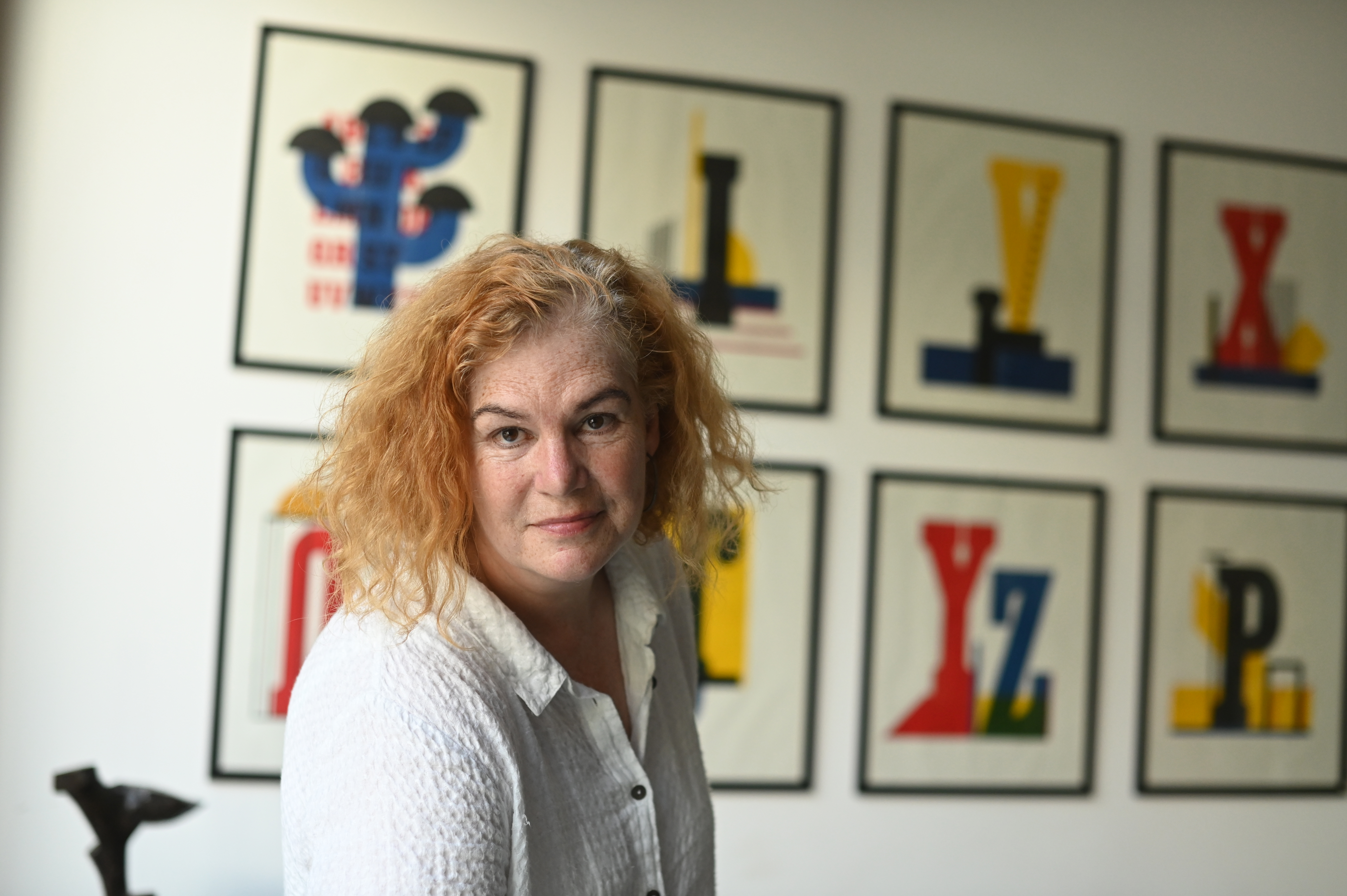
Starting today: I am delighted to be working with the Friedrich Schlegel Graduiertenschule and the Freie Universität on my new poetry project AfterWords.
Three years thinking about the afterlives of poetry in all senses. Lots of opportunities to bring poetry people together - researchers, graduates and practising poets translators and artists.
This project, AfterWords, asks what it is to come after, to follow, to consider oneself, as an artist, as always already late or for a work to always be related to a previous model. The focus is on German poetry of the twentieth century and beyond, but this core focus is also seen against a larger tradition and within international context. Innovatively bringing together academics and practitioners, AfterWords will offer structured snapshots from across the twentieth century onwards: focussing on the defining tenets of modernism, the post-war turn, and post-1990 culture of the Berlin Republic. In tracing the trajectory of poetry during
this time span, it will of necessity engage with key political concerns and aesthetic questions of the age. Cumulatively, it will also draw out a thread of argument which sees poetry considering itself as a genre after the fact: fragmented, belated and working on its own ends. In this sense the project situates itself within a growing and vital literature exploring lateness, belatedness, old age and the psychoanalytic notion of ‘Nachträglichkeit’ but also examines figures such as the epigone and the opsimath that signal poetry’s sense of its own situatedness. Within a broader sense it triggers debates around authority and ontology: the
crisis of always coming after a mode of reflection, the power of which is lost, contested or eroded. At the same time, it also pursues the new afterlives a work can find in translation, performance or intermedial versions. How far are the poet and the work of art caught up in a process of breaking with, and then following upon, a prior model and thus involved in temporal entanglements that simultaneously speak of invention and nostalgia, authority and repetition, departure and return? The paradigmatic figures of such a relationship are perhaps the ruin, the repetition and the spectre all of which will reverberate through all strands. . But the project looks towards theories of lyric voice; examples of lyric attention; forms of lyric transmission; and in a projected further strand which offers an opportunity for a continuation of the project, modes of lyric engagement. In doing this it will contribute in a larger sense to a theory of the lyric and situate this within its temporal and aesthetic entanglements.